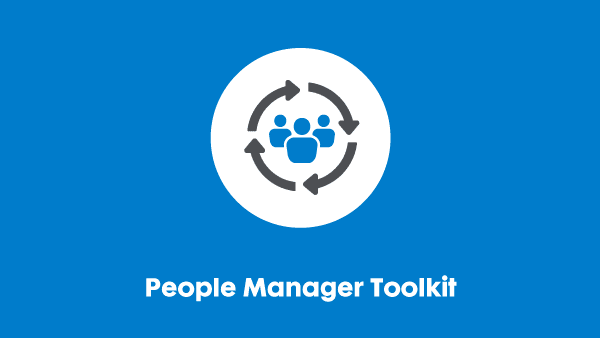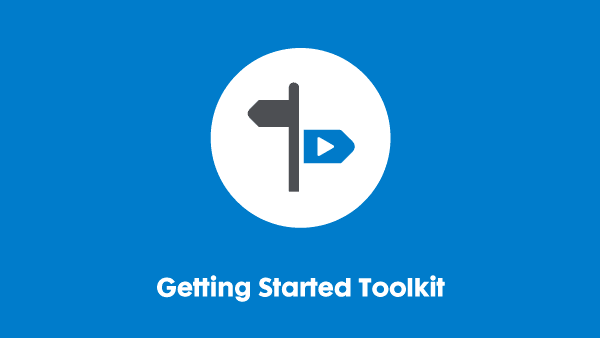Last updated: 14 November 2025
Factsheet – Energy-limiting conditions

This resource is part of our Disability Essentials range. You can find the other free resources that are included in this range by clicking here.
What is an ‘energy-limiting condition’?
An energy-limiting condition is not a medical diagnosis. Instead, it is a term that describes the symptoms of reduced physical and cognitive energy levels often experienced by people living with underlying health conditions and disabilities.
We have all experienced the effects of variable energy levels throughout our lives. For example, feeling physically tired after an intense exercise session or cognitive fatigue after a few nights of poor sleep or jet lag. We can recover quickly from these types of limited energy and fatigue with rest. This is a normal fluctuation of energy levels and recovery.
The energy-limiting symptoms experienced by some people with underlying energy- limiting conditions are very different. They often cannot be completely eliminated with the normal rest and recuperation – such as sleeping at night – that people do to address everyday levels of low energy. People with energy-limiting conditions may not have enough energy do to normal day-to-day activities such as getting dressed, travelling to work, or performing their work duties.
Causes
Energy-limiting conditions are most commonly associated with chronic illnesses. Some of the reasons for this are due to specific factors of the illnesses, including:
- lack of good blood flow – often seen with anaemia, or heart diseases
- reduced oxygen levels – often seen with respiratory conditions
- chronic inflammation or infection
- side effects of some treatment for underlying conditions
- unknown causes – it is likely that for some people, energy-limiting symptoms are caused by a combination of factors.
Symptoms of an energy-limiting condition
- Fatigue – this is tiredness that does not resolve with sleep. Those who experience it often describe it as being ‘overwhelming’.
- Reduced physical stamina – this is often described by those who experience it as having ‘heavy’ limbs. Seemingly simple physical tasks require much more effort than they should. As a result, the person quickly becomes physically tired. Over time, this can result in the person becoming less physically active and having weaker muscles, which means less efficient energy use.
- Reduced mental stamina – the fatigue associated with energy-limiting conditions can reduce a person’s ability to concentrate and focus on tasks for as long as other people without this condition.
The effects are usually combined and so have a cumulative impact.
Common energy-limiting conditions
A person with any underlying condition may experience energy-limiting symptoms, but some common and well-known conditions include:
- heart disease
- thyroid disease
- chronic pain
- conditions causing muscle weakness
- cancers
- blood disorders including anaemia
- systemic lupus erythematosus (SLE)
- multiple sclerosis and other neurological conditions
- respiratory conditions such as asthma, cystic fibrosis
- joint, muscle and soft tissue conditions such as fibromyalgia
- inflammatory bowel disease such as Crohn’s
- chronic fatigue
- long COVID.

How can an energy-limiting condition affect a person?
Energy-limiting conditions do not just impact one part of a person’s life, such as physical weakness. These conditions affect every aspect of their daily life.
For example, some people will feel physically exhausted after having a shower. This may mean they need rests between washing and dressing. In turn, this may lead to not preparing healthy, energy-giving restorative foods. The lack of good quality fuel and physical exhaustion can impact a person’s concentration. The lack of physical activity and healthy food may then affect the quality of their sleep. A vicious cycle may then occur.
The example above is a severe case. It is important to recognise that the severity of energy limitations is not the same for everyone. They will also fluctuate over time for an individual.
Some energy-limiting conditions can be temporary, albeit slow to resolve. It is possible that ‘long COVID‘ may fall into this category. For other people, it is part of a fluctuating or recurring condition. They do not experience the symptoms of energy limitation on a constant basis.
Mental health and wellbeing are often affected due to the frustrations and anxiety that often accompany these conditions. In addition, self-confidence and self-esteem can also be affected, especially if other people do not understand their impact and the effort the person is expending trying to carry out their daily and work tasks.
Impact on work
The impact on work will depend on the work, the severity of the symptoms, and the person’s self-awareness about their symptoms and management strategies. The support and adjustments at work will also affect an energy-limiting condition’s impact on a person and their work.
Mental and physical stamina are the areas that are most likely to be affected at work. As already stated, a person’s energy levels will vary and may be unpredictable, especially at first. This means someone with an energy-limiting condition may find it harder to work for long periods, or if they have already used up their energy reserves getting ready for work.
Shift work is likely to be difficult for most people as it disrupts the circadian rhythm, sleep and the ability to pace activities.
Business travel may also be challenging for people with energy-limiting conditions, especially if early starts, late finishes, or overnight stays are expected.
Legal duties
The Equality Act 2010
In the UK, employers have duties to:
- prevent discrimination, and
- provide reasonable adjustments
for their disabled employees. This means that it is unlawful for employers to treat applicants, job candidates and employees unfavourably because of their disability.
The Equality Act also requires employers to make ‘reasonable adjustments’ for their disabled employees.
Suggested adjustments
Many people will have learnt how to manage and maintain their energy levels well. They may have good strategies and know what adjustments can allow them to perform well at work.
- Pacing – Allowing people to pace their work and activities can be helpful. They are best placed to understand when their energy is at its highest and when they need to rest.
- Breaks – Often regular and frequent short breaks can enable a person to maintain their energy levels.
- Flexible working – This can be one of the most beneficial adjustments for people with energy-limiting conditions. The more flexibility available to the person, the more control they will have over their energy levels. Flexible working maybe being able to work from home on days when their energy reserves are lower, or a certain number of days per week. It can also be flexible start and finish times to allow for adequate rest on challenging days and avoiding the rush hour stress.
- Reducing triggers – Reducing any known triggers, especially any related to their underlying health condition or disability, can be helpful. For example, ensuring good workstation ergonomics to minimise pain and sensory sensitivities. Being able to sit near exits or frequently used areas to reduce their physical activity can help. Having regular meal times, being able to take any medication at prescribed times, and attend appointments such as counselling or physiotherapy.
- Business travel – If this is part of the role, then adjusting the method of travel and the duration to reduce the likelihood of fatigue. For example, taking a train during office hours and spending the night at a hotel near the location avoiding an early start.
- Training – For colleagues and managers about energy-limiting conditions, this can be helpful as an increased understanding can help reduce the person’s anxieties, allowing them to use that energy for more positive activities. Training around a specific individual’s needs at work should only be carried out with their consent and involvement, however general training can also be useful.
The earlier appropriate adjustments can be introduced, the more successful they are likely to be.
Further information
For more information on suggested adjustments, specific barriers for energy-limiting conditions and information about the law, please see our other resources in the Knowledge Hub.
For more detailed information and advice about a specific situation, contact the Advice Service:
- Tel:+44-20-7403-3020
- Textphone: +44-20-7403-0040
- Email: advice@businessdisabilityforum.org.uk
If you require this content in a different format, contact enquiries@businessdisabilityforum.org.uk.
© This resource and the information contained therein are subject to copyright and remain the property of the Business Disability Forum. They are for reference only and must not be copied or distributed without prior permission.

